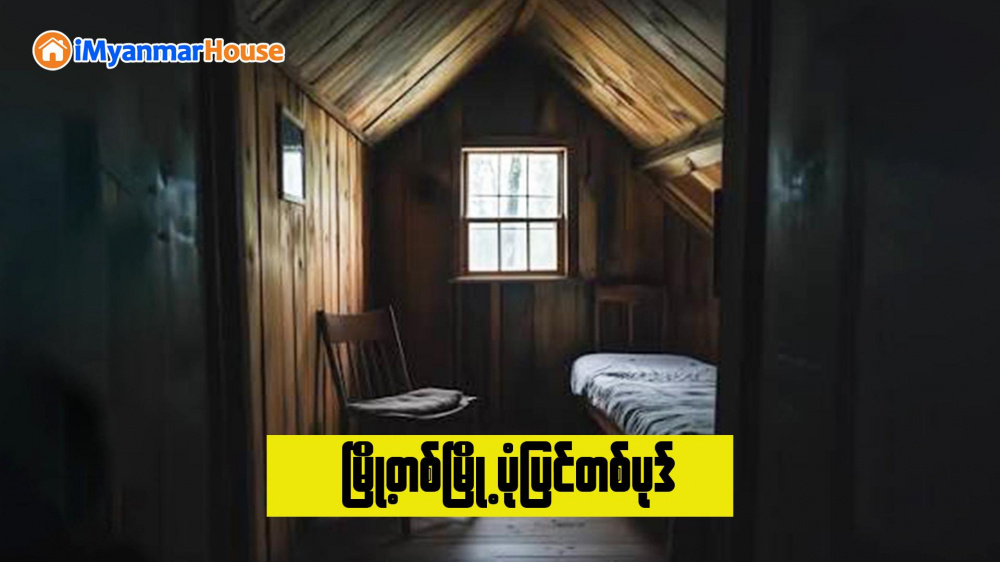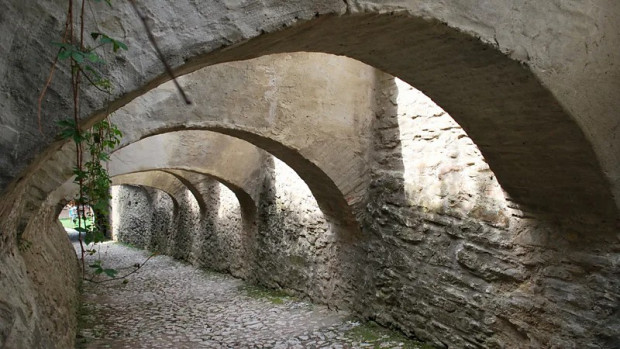
Foreign Property News | Posted by Aye Myat Thu
Picturesque Biertan, one of Transylvania’s seven Saxon Unesco World Heritage villages, feels frozen in time. Horse-drawn carts are still a part of daily life, and local residents gather to trade their wares in a cobbled village square.
At the heart of the village, a 15th-Century fortified church towers over the surrounding structures from its hilltop perch.
Inside the church grounds, along one of its fortification walls, is a small building with a room inside barely larger than a pantry. For 300 years, couples whose marriages were on the rocks would find themselves here, locked away for up to six weeks by the local bishop in hope that they would iron out their problems and avert a divorce.
 (Inside Biertan’s 15th-Century church is a 300-year-old ‘marital prison’ used to avert divorce Credit: Stephen McGrath)
(Inside Biertan’s 15th-Century church is a 300-year-old ‘marital prison’ used to avert divorce Credit: Stephen McGrath)
It may sound like a nightmare – but records show that this ‘marital prison’ was rather effective.
Today, the small, dark prison is a museum complete with long-suffering mannequins. The room has low ceilings and thick walls, and is sparsely equipped with a table and chair, a storage chest and a traditional Saxon bed that looks small enough to belong to a child.
As couples attempted to repair their marriages inside this tiny space, everything had to be shared, from a single pillow and blanket to the lone table setting.
 (The prison was sparsely equipped with a table, a storage chest and a single bed (Credit: Stephen McGrath)
(The prison was sparsely equipped with a table, a storage chest and a single bed (Credit: Stephen McGrath)
Lutheranism, the religion of the Transylvanian Saxons, governed most aspects of life, and although divorce was allowed under certain circumstances – such as adultery – it was preferred that couples attempt to save their union.
So a couple seeking divorce would voluntarily visit the bishop, who would send them to the marital prison to see if their differences could be reconciled before they parted ways.
 (A couple seeking divorce would voluntarily visit the bishop, who sent them to the marital prison to resolve their differences (Credit: Stephen McGrath)
(A couple seeking divorce would voluntarily visit the bishop, who sent them to the marital prison to resolve their differences (Credit: Stephen McGrath)

(Views from the 11m-high fortification walls by the marital prison extend out across the village and surrounding countryside Credit: Stephen McGrath)
“In modern families, there is less and less time for each other, we are more selfish than our ancestors,” Ziegler said. “We suffer from loneliness, which is why today we need to talk more, so we can find out what is important to us and what connects us.”
Ref: Tale of a sleepy town with a 300-year-old marital prison (bbc)









